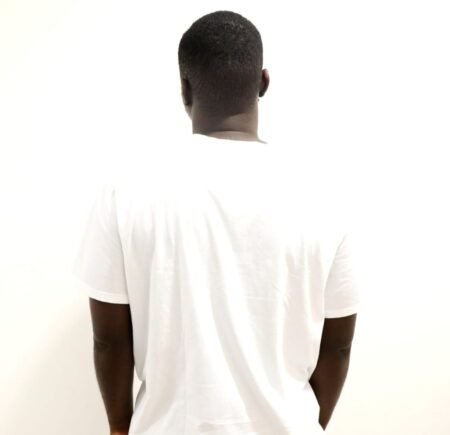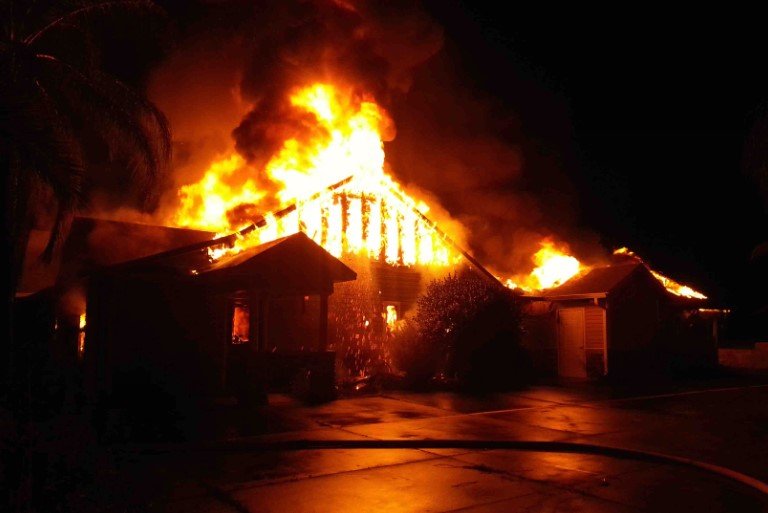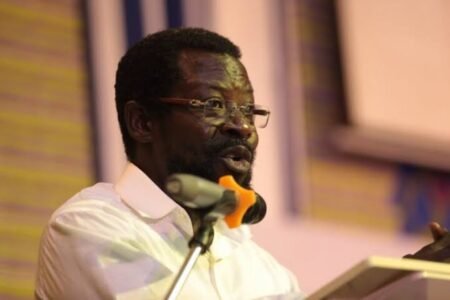President Emmanuel Macron on Friday named Francois Bayrou as prime minister, handing him the uphill task of hauling France out of months of political crisis.
Bayrou, 73, is the leader of the MoDem group, which is affiliated with Macron’s party. He was chosen nine days after Michel Barnier’s administration was expelled by parliament in a historic no-confidence vote over an austerity budget.
“The President of the Republic has appointed Mr. Francois Bayrou as prime minister and tasked him with forming a government,” the French presidency said in a statement, giving no more details.
Bayrou is Macron’s sixth prime minister, following the removal of Barnier last week, who became France’s shortest-serving prime minister, serving just three months.
He is also Macron’s fourth prime minister in 2024. Bayrou now confronts an urgent challenge in assembling a cabinet that can withstand a no-confidence vote in a deeply split parliament while also negotiating a 2025 budget to prevent economic instability.
Macron made the statement after meeting with Bayrou for nearly two hours on Friday.
According to BFMTV, the conversations with Bayrou were “tense.”.
Barnier, 73, was set to hand over control to his successor in a ceremony late Friday morning, according to cabinet sources.
Prior to the ceremony, a red carpet was laid out and microphones were set in the courtyard of the Matignon, the French government’s seat.
The new cabinet is set to be revealed at a later date. Macron has been presented with the complex political equation that resulted from unexpected parliamentary elections this summer: how to protect a government from a no-confidence vote in a deeply split lower chamber where no party or alliance has a majority.
The left-wing New Popular Front (NFP), formed to prevent the far-right from gaining power, emerged as the largest group in the National Assembly following the summer elections.
Marine Le Pen, the French far-right leader who emerged as kingmaker during the summer elections and helped bring down the government, has not taken part in the most recent negotiations.
Macron was expected to reveal Barnier’s successor in a national address last week, after the extreme left and far right joined forces to destabilise the prime minister’s administration.
However, as a reminder of the stalemate, Macron did not select Barnier’s successor at the time and missed a 48-hour deadline set at a party leaders conference on Tuesday.
An advisor to Macron indicated Thursday that the statement announcing the prime minister would be released Friday morning.
Bayrou’s candidacy has sparked outrage on the left, which is apprehensive of continuing the president’s policies, and on the right, where he is despised by prominent former president Nicolas Sarkozy.
In addition to Bayrou, former Socialist Prime Minister Bernard Cazeneuve, Defence Minister Sebastien Lecornu, a Macron supporter, and former Foreign Minister Jean-Yves Le Drian were among the candidates for prime minister.
Le Drian said on Thursday that he had declined the post.
“I turned it down,” he told Le Penthievre, a regional weekly. “In two and a half years, I’ll be 80; it wouldn’t be serious.”
Opinion surveys show that the public is fed up with the issue, with slightly more than two-thirds of respondents to an Elabe poll published on Wednesday indicating they want MPs to find an agreement rather than overthrow a new administration.
Under Macron, each prime minister has lasted progressively less time in office, and there is no certainty that the new premier would break this trend.
In an IFOP poll, Le Pen was given 35% support in the first round of a prospective presidential election, far ahead of any potential opponent.
On March 31, 2025, Le Pen will face a verdict in an embezzlement trial on charges she rejects.
If convicted, she may be barred from running in the 2027 elections, which would be her best chance of gaining the Elysee Palace to date.











